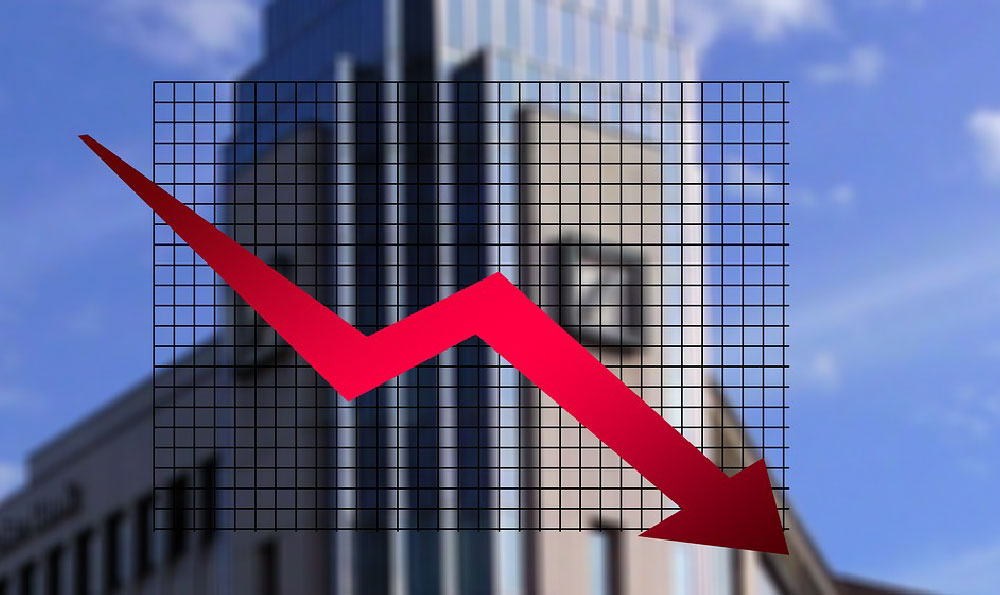The George Foreman Grill. The name conjures images of fat dripping away, healthier burgers, and a ubiquitous presence on kitchen counters across the globe. Its impact on cooking and the celebrity endorsement model is undeniable, but the core question remains: how much money did this grilling phenomenon generate, and is it still a profitable venture?
Estimating the precise total earnings from the George Foreman Grill is a complex undertaking, as the information isn't publicly released by Spectrum Brands, the current owner of the grill's brand rights. However, informed estimates based on sales figures, royalties, and expert analysis provide a compelling picture. The most frequently cited figure is around $200 million earned by George Foreman himself from the grill. This figure, while substantial, only represents Foreman's royalty earnings and doesn't encompass the overall profits generated by the manufacturer and distributors.
The key to understanding the grill's financial success lies in its massive sales volume. Since its introduction in 1994, over 100 million George Foreman Grills have been sold worldwide. At an average retail price point that has fluctuated between $30 and $50 throughout its history (and sometimes higher for specialized models), even a conservative estimate of $35 per unit would translate to billions of dollars in revenue. It's crucial to remember that revenue doesn't equal profit. Manufacturing costs, marketing expenses, distribution logistics, and royalty payments all eat into the final profit margin.

George Foreman’s deal with Salton, the original manufacturer, was remarkably astute. Instead of a fixed endorsement fee, Foreman received a percentage of the profits from each grill sold. This royalty structure proved to be incredibly lucrative as the grill's popularity skyrocketed. While the exact percentage Foreman received is undisclosed, industry insiders estimate it to be in the range of 40-45% of the profits. This incentivized Foreman to actively promote the grill and fueled his genuine enthusiasm for the product, which resonated with consumers.
Furthermore, the grill’s success isn't solely attributable to Foreman's celebrity status. The product itself offered a compelling value proposition. It promised healthier cooking by reducing fat content, was relatively easy to clean, and cooked food quickly and efficiently. The "lean, mean, fat-reducing grilling machine" tagline was catchy and memorable, effectively communicating the grill's core benefits. This combination of celebrity endorsement and a genuinely useful product created a perfect storm for commercial success.
The transfer of ownership from Salton to Spectrum Brands in 2010 further complicates the calculation of total earnings. While financial details of the acquisition are confidential, it's safe to assume that Spectrum Brands paid a significant sum for the George Foreman brand, signaling their belief in its continued profitability.
So, is the George Foreman Grill still profitable today? The answer is likely yes, albeit perhaps not at the same astronomical levels of its peak popularity in the late 1990s and early 2000s. Several factors support this conclusion. First, the grill remains widely available in retail stores and online marketplaces, indicating sustained demand. Second, Spectrum Brands continues to innovate and release new models of the grill, suggesting ongoing investment in the product line. These new models often feature updated designs, enhanced features, and different sizes to cater to a wider range of consumers. Third, the core value proposition of the grill – healthier cooking and convenience – remains relevant in today's health-conscious society.
However, the competitive landscape has changed significantly since the George Foreman Grill first emerged. Numerous other grilling appliances, including air fryers and multi-cookers, have entered the market, offering alternative ways to cook food quickly and healthily. This increased competition has likely put pressure on profit margins for the George Foreman Grill. Furthermore, consumer tastes and preferences are constantly evolving, requiring Spectrum Brands to continuously adapt its marketing strategies and product offerings to stay relevant.
While the precise financial figures remain closely guarded, the available evidence suggests that the George Foreman Grill generated billions of dollars in revenue and hundreds of millions in profits throughout its history. George Foreman himself earned a substantial fortune from his endorsement deal, solidifying his status as a successful businessman and celebrity. While the grill's profitability may have moderated in recent years due to increased competition, it remains a recognizable and popular brand, suggesting it continues to contribute positively to Spectrum Brands' bottom line. The George Foreman Grill serves as a compelling case study in the power of celebrity endorsement, product innovation, and effective marketing in creating a lasting and profitable consumer product. The story underscores the importance of a good product that genuinely meets a need, amplified by the right marketing and a smart royalty deal.












